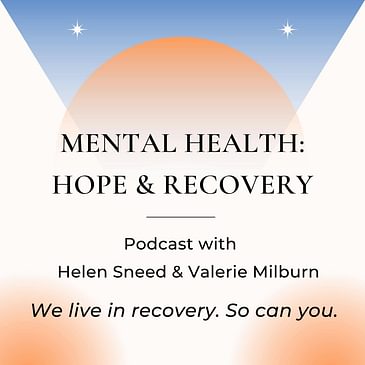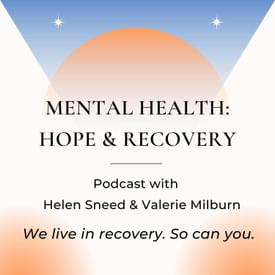In May 2023, the US Surgeon General declared loneliness a national epidemic. Greater than one in two adult Americans report being lonely. Given the damaging and sometimes lethal impact that loneliness can have on mental health, Valerie and Helen take listeners into the deep-rooted causes and destructive consequences of loneliness within the individual and society. Rampant loneliness is both a cultural threat and a powerful cause and effect of mental illnesses. Helen and Valerie reveal the shocking truth about loneliness as a sweeping force in the struggle for survival and a life worth living in America today.
Find Helen and Valerie at https://mentalhealthhopeandrecovery.com/
Learn more about your ad choices. Visit megaphone.fm/adchoices

